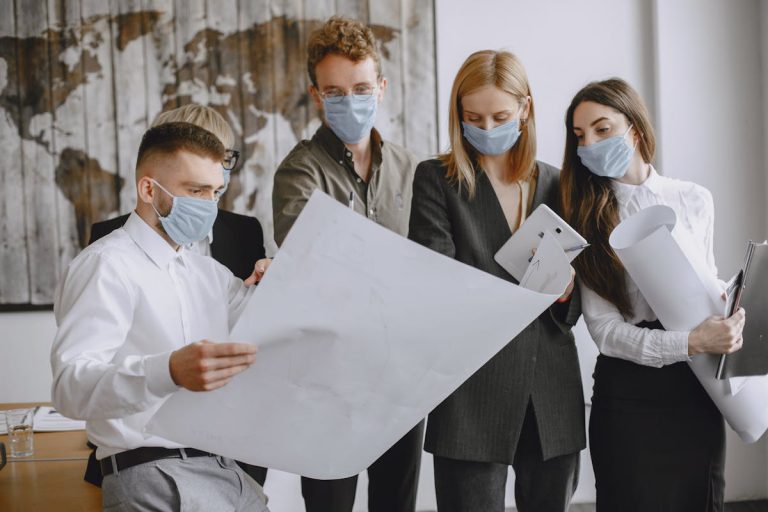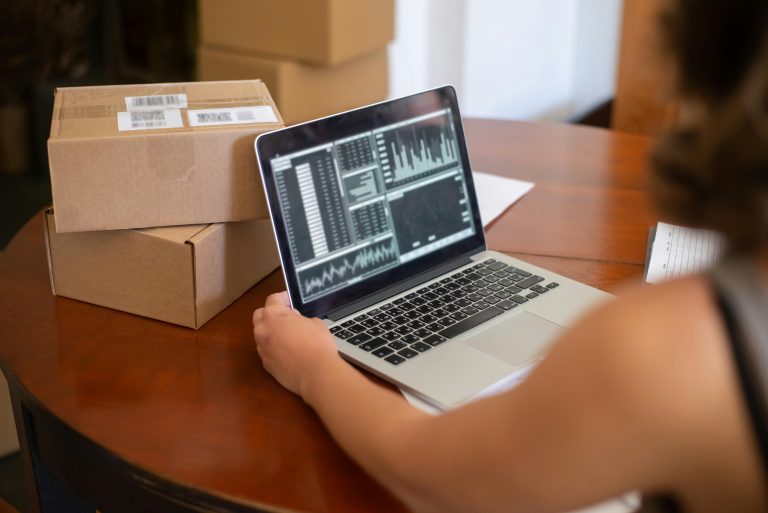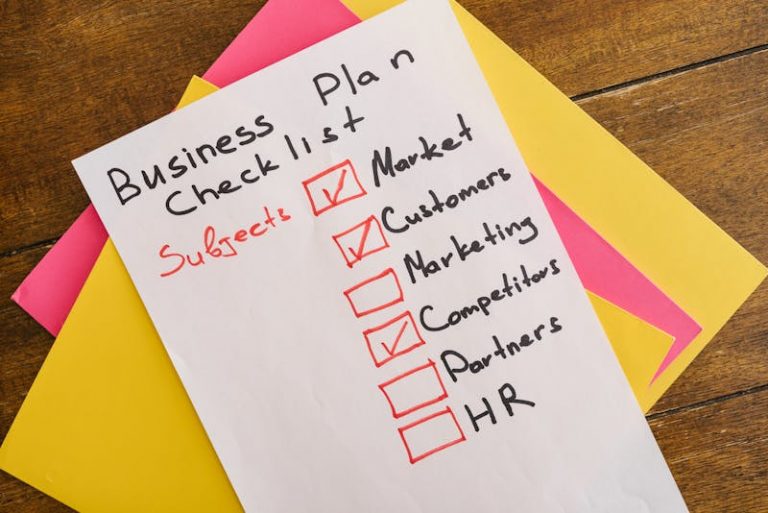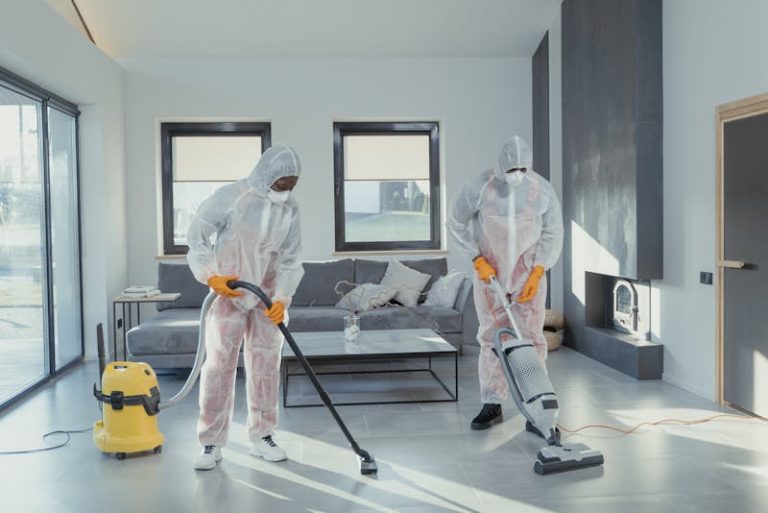

These are complicated times.
From the pressure being put on the trucking and transportation industry to the heated conversations about self isolation and wearing masks, it can seem like every day brings a lifetime of new problems. The conversations shift; the politicians argue; the public struggles. If wearing masks would allow students and teachers to do group work and share equipment and have more than 10 students in a room at a time to have “real class,” you would think that most students and their families would comply. Kowing, however, that there are certainly still very many unknowns even the safety of wearing a mask can bring about a heated debate. Teachers dream of a scenario where they are not planning two lessons per day per prep, one lesson that would work in the classroom, another that would be more fitting for school at home. And if the options of mask wearing makes a real in person class experience possible, then most educators at least are ready for the hassle. There is another camp of educators, however, who do not believe that any workable option this fall will be enough to really make school be like school, so they would rather just try to do a good job on online remote learning.
At the same time that educators, parents, and community members are having conversations about how the new classrooms might function, whether they are online or in person, there is an entire industry that knows in black and white the services that they must provide.
From the use of water tank liners that are used for potable water transportation to gas tank liners and other necessary products, the transportation industry is tasked with getting the needed materials from one part of the country to another during these difficult times.
Gas Tank Liners Help the Trucking Industry Safely Contain Chemicals
While educators and health officials debate whether or not if kids go back to school the questions can seem overwhelming. If, for instance, all of the enjoyable, collaborative parts of school are gone, teachers fear that it will be difficult to keep students engaged. Teachers fear the double work load as they are being asked to prepare for the possible of hybrid learning situations. Educators are possibly going to be expected to be in the building full time so that students can come in shifts, while at the same time be teaching remotely to others is compounded by the fact that some children may be home alone. The reality is, of course, that while some parents may be able to work from home and monitor their children, the drivers who are responsible for hauling large rigs with gas tank liners do not have the same option.
And at the same time that the nation is dealing with the what seem like impossible problems of getting kids back to school and the transportation of needed consumer goods, there are also many threats to the safety of the environment as the current presidential administration dismantles decades old rules and regulations.
For instance, the federal government defines an underground storage tank (UST) as any tank, system of tanks, or connected underground piping with at least 10% of their combined volume underground. The regulations about the frequency of inspecting these tanks is at risk as some of the current guidelines are being stripped away. For example, currently underground storage tanks of 110 gallons or less are not subject to federal regulations, according to the Environmental Protection Agency, but some fear that new changes to the laws will throw more tanks into this area where inspections are not required.
Gas tank liners are used in a variety of industries and easing the rules surrounding any of these products could lead to many difficult situations for consumers and businesses alike. When stored in large enough quantities, the EPA maintains a list of 140 chemicals that require their owners to submit a “risk management plan” to federal regulators, but some fear that if any of these guidelines are altered the danger of contamination will increase exponentially. From decisions about education to guidance about the protection of the environment, these are some of the most complicated of times.






